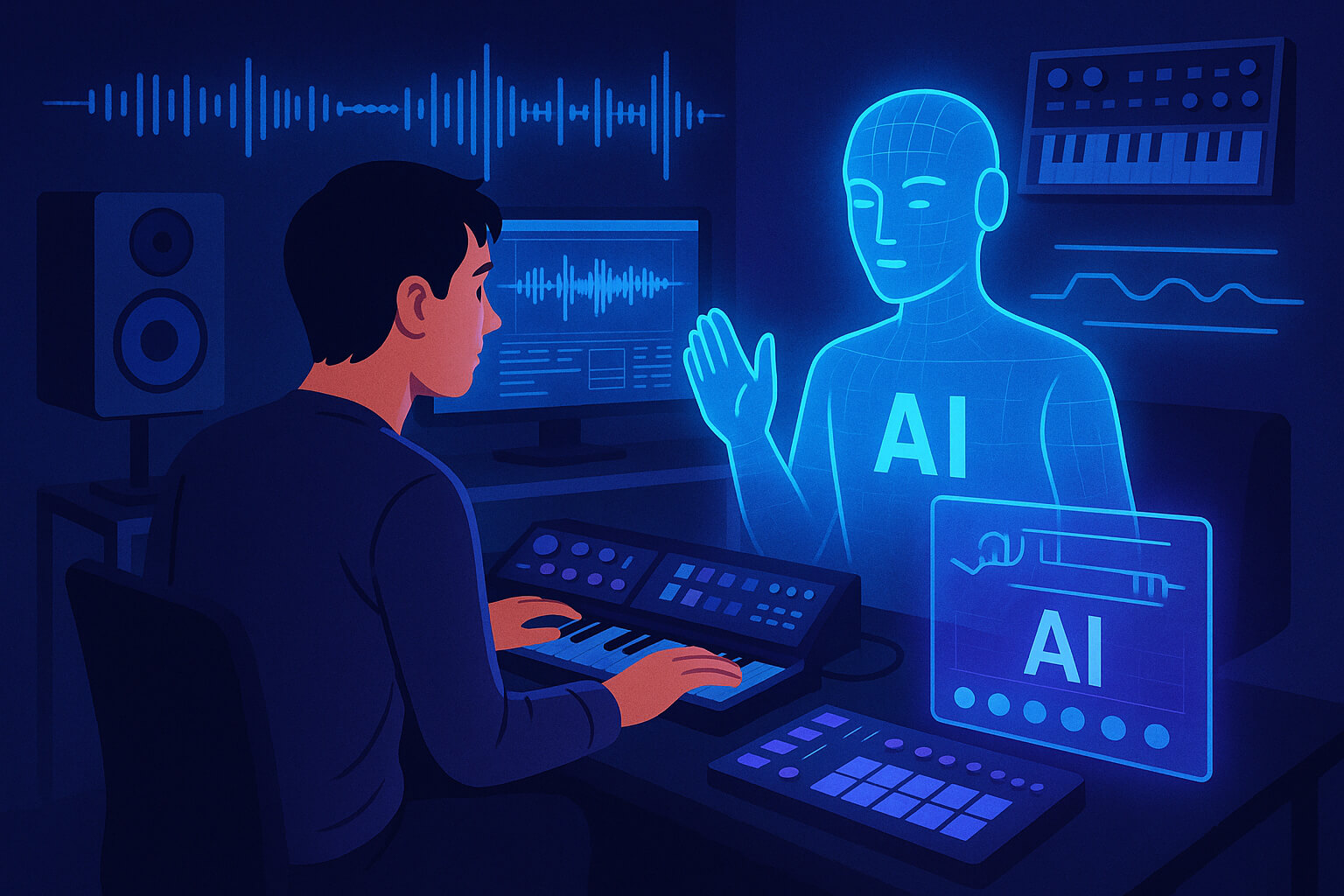August 05, 2025

Artificial Intelligence (AI) has quietly moved from science fiction to studio toolkits. It’s composing melodies, writing lyrics, mastering tracks, and even generating entire albums. Whether you're a bedroom producer or a charting musician, AI is changing the way music is made, shared, and monetized.
But is this shift empowering or threatening? Should artists worry about being replaced—or get excited about evolving?
Let’s break down what the rise of AI in music means for today’s musicians, and what the future could look like.
One of the biggest misconceptions is that AI will replace musicians. But most artists using AI today aren’t being replaced—they’re being enhanced.
Bottom Line: Artists remain the creative directors—AI is just another instrument in their toolkit.
Not every artist can afford studio time, producers, or session musicians. AI changes that by making professional-level tools accessible to everyone.
What It Means: The quality gap between independent and major-label artists is shrinking—because tech is doing the heavy lifting.
AI isn't just changing creation—it's reshaping how music is licensed, distributed, and monetized, especially for background and commercial use.
The Opportunity: Artists who explore AI can tap into new markets—from digital ads to short-form video content and immersive experiences.
As AI grows, so do concerns—about authorship, originality, and artistic value.
The Real Question: Can AI truly replicate emotion and storytelling—or is that where the human artist will always shine?
In this AI-powered age, musicians are becoming more than just songwriters or performers. They're creative directors, curators, and tech-savvy entrepreneurs.
The Big Picture: Artists who embrace AI can do more with less—and reach farther than ever before.
AI in music isn’t about machines taking over—it’s about collaboration between technology and humanity. Artists who adopt AI as a creative partner can push boundaries, explore new formats, and expand their audience.
But success will still depend on something no algorithm can replace: your voice, your vision, your story.
The future of music isn’t AI vs. Artists. It’s AI with Artists—and the boldest, most human musicians will thrive.
Stay up to date with the latest tips, expert insights, product reviews, and step-by-step guides to help you grow, create, and succeed—no matter your industry or passion.